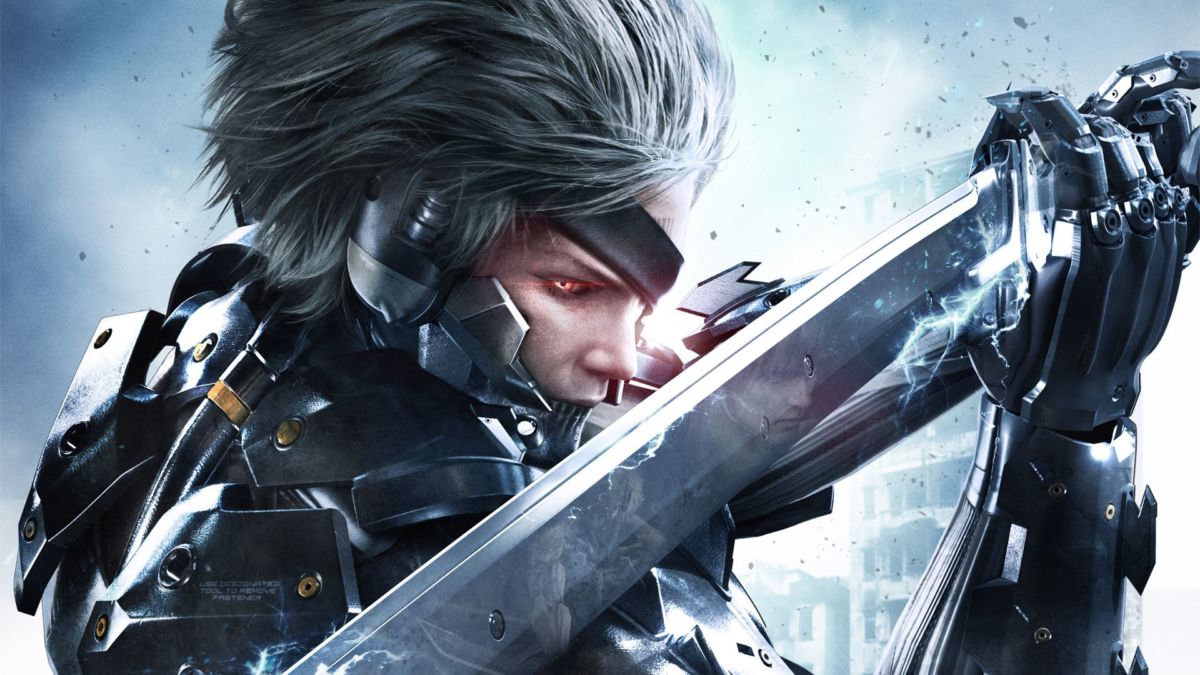Few games are as splintered in their distribution as Metal Gear Solid, even more so if you consider the Metal Gear games that preceded them. Since Metal Gear Solid wowed everyone in 1998, the subsequent entries (and canon entries at that) have been found across a crazy amount of devices and platforms, some even limited to just the one platform.
Metal Gear Solid released exclusively on the PlayStation 1 before landing on PC in the new millennium; it has appeared sparingly since — nobody is counting the PlayStation Classic here. Its sequel, Metal Gear Solid 2: Sons of Liberty, was released exclusively for PlayStation 2 and then Xbox and PC with the souped-up Substance version — a remaster also appeared on the PS3, Vita, and 360. Following the game’s success, the original game was remade exclusively as Twin Snakes for GameCube with gameplay elements from Liberty added, where it still solely resides. The third game, Snake Eater, initially released only for PlayStation 2 before getting the exact same treatment as Sons of Liberty with beefier ports, this time under the name Subsistence. Metal Gear Solid 3 was later ported to the 3DS as Metal Gear Solid: Snake Eater 3D, ostensibly a super-port of sorts with 3D effects and tweaks.
Metal Gear Solid 4: Guns of the Patriots bucked the trend by launching as a PlayStation 3 exclusive and hasn’t budged since. The conclusion of Solid Snake’s journey was fittingly given away as the last ever game for PlayStation Plus before the PlayStation 3 was removed from the subscription equation. While not strictly canon and more of a spin-off, the Raiden-centric Metal Gear Rising: Revengeance is seen as an incredible hack and slash game that’s yet to make its mark on this generation.
Not too complicated so far, right? Things unfortunately get superbly messy when you go down the handheld route and discover just how much of the portable fare is now fairly difficult to get ahold of.
If we’re talking non-canon but still worthwhile additions, the Game Boy Color exclusive Ghost Babel is beloved for a good reason, whereas the decidedly less essential and kind of odd Metal Gear Acid 1 and 2 are worth a look for fanatics — it may feel less odd these days with CCGs being everywhere. Portable Ops is a mix of canon and non-canon that launched solely on the PSP before winding up on Vita down the line. Another portable slice of exclusivity that’s a bit more pressing in the grand scheme of things is Peace Walker, which could only be found on PSP before later arriving on the Vita, PS3, and 360. The game fills in a hell of a lot of narrative blanks between Snake Eater and The Phantom Pain and is regarded as the most underrated entry in the entire series.
Metal Gear Solid V: The Phantom Pain (and Ground Zeroes, if you want to be finicky about including a paid demo) was the first game in the franchise’s history to launch on every viable platform at the same time, coming to PC, PS4, PS3, Xbox One, and Xbox 360. Metal Gear Survive launched for PC, PS4, and Xbox One at the same time, but we really don’t like to talk about that thing around these parts.
Having so many amazing games across so many different platforms is the product of a long-standing relationship between Konami and Sony, one which saw the latter’s consoles become the posterboy for the series after Metal Gear made its start on the MSX and NES before things became a little complicated with two different sequels, one canon and one not. However, this exclusivity (timed or otherwise) has made the franchise so fractured and even more confusing to follow than its storyline that it’s a wonder anyone is able to jump into the series for the first time these days.
Konami, I beg of you: please put all of these games — canon only, if that’s easier — into one massive collection and release it for this console generation and the next. You had a good start with the Metal Gear Solid Legacy Collection (even if it was a little half-baked PS3 exclusive and now pretty difficult to find as a complete package), but for the sake of the preservation of the franchise, working something out and releasing a giant compendium of all of the Snakes’ greatest hits is a must.
Now that the series is effectively complete with Kojima “moving on”, there needs to be a jumping-on point for potential new fans. Canonically, the best place to start is Snake Eater, but that can only be found on the previous gen, or through Xbox One’s backwards compatibility (or at least until it’s remade). Even if a new player manages to dust off old copies of Snake Eater and Peace Walker before eventually picking up The Phantom Pain for whichever platform, they would still either have to overcome the aged nature of Metal Gear Solid or buy Twin Snakes and a GameCube for a pretty penny to continue with the franchise.
This is only discussing a few entries in the series and it’s already become quite a complex issue of preservation, which was recently brought up on the Metal Gear subreddit with many hoping for some kind of proper way to easily play every Metal Gear Solid game with the #SaveMetalGear hashtag. This was seemingly spurred by Konami announcing that they would be temporarily removing some of the games from digital sale due to licensing issues, which, once again, shows how flawed the digital future of gaming is for preservation.
Metal Gear Solid is a groundbreaking series that deserves to be remembered by everyone in the most complete, easily accessible way possible without having to scour eBay and blowing the dust off of SCART leads. Konami, though your relationship with its creator and fans may have soured considerably over the past four or five years, the best way to make amends is to give Metal Gear Solid the collection it deserves and one that ensures it endures. Panic Button are pretty busy right now, but I’m sure they could squeeze you in.
READ NEXT: Can A Metal Gear Solid 3 Remake Succeed With Konami At The Helm?
This article was initially published in 2019 but updated in November 2021 to reflect the growing calls for proper ports and remasters within the community.
Some of the coverage you find on Cultured Vultures contains affiliate links, which provide us with small commissions based on purchases made from visiting our site.





